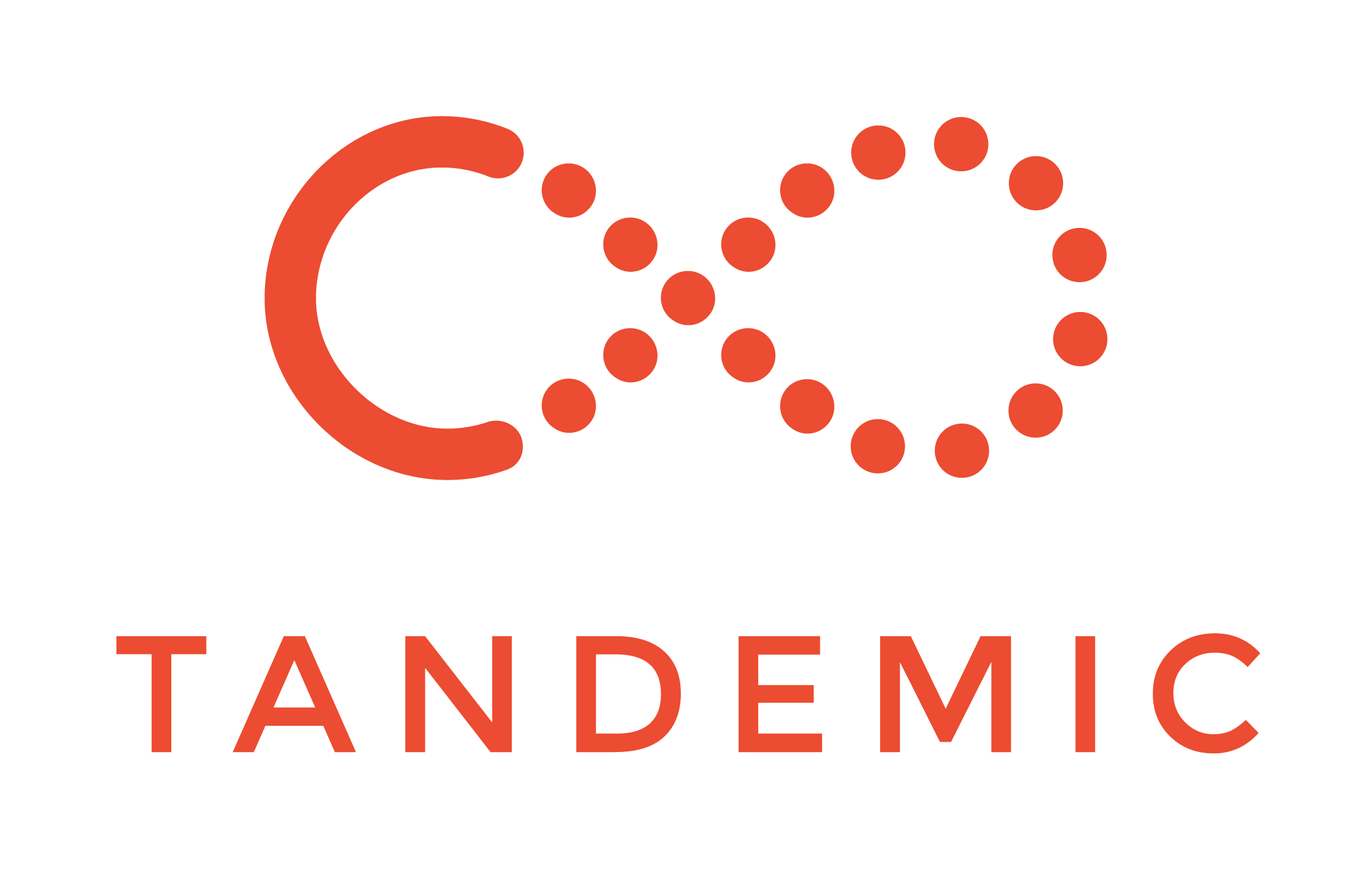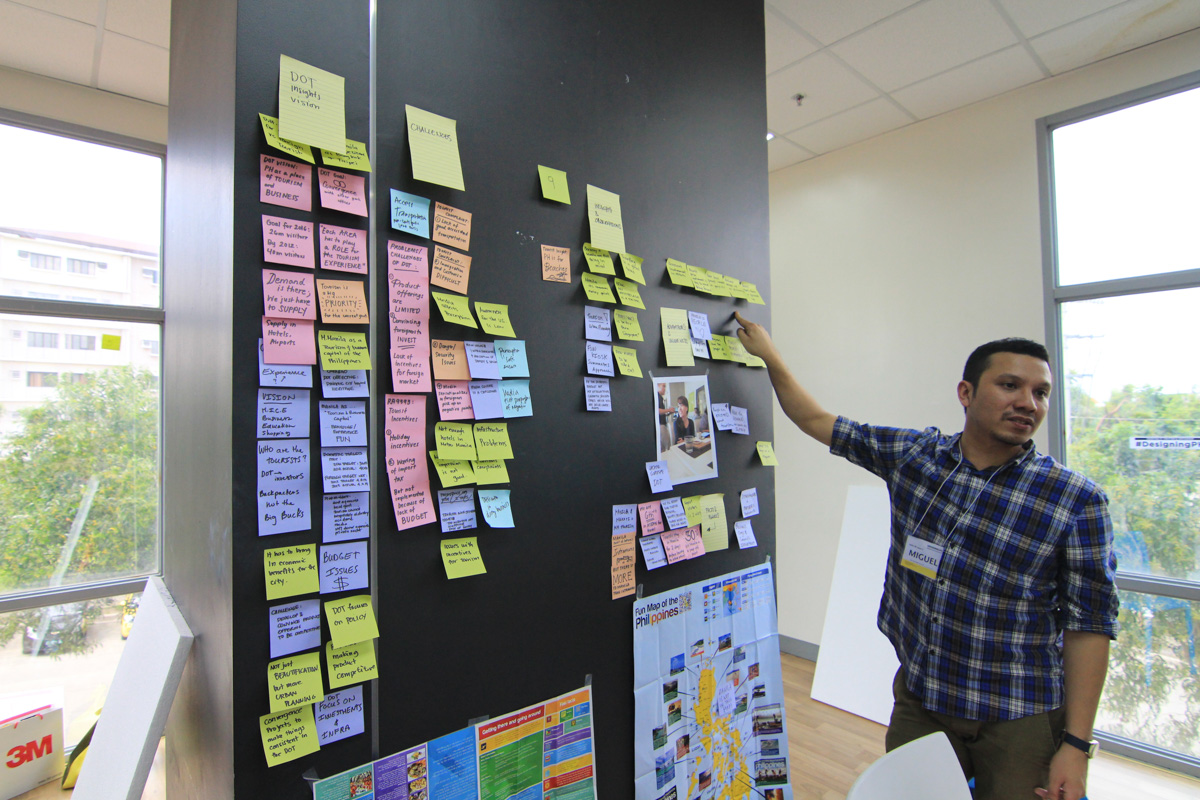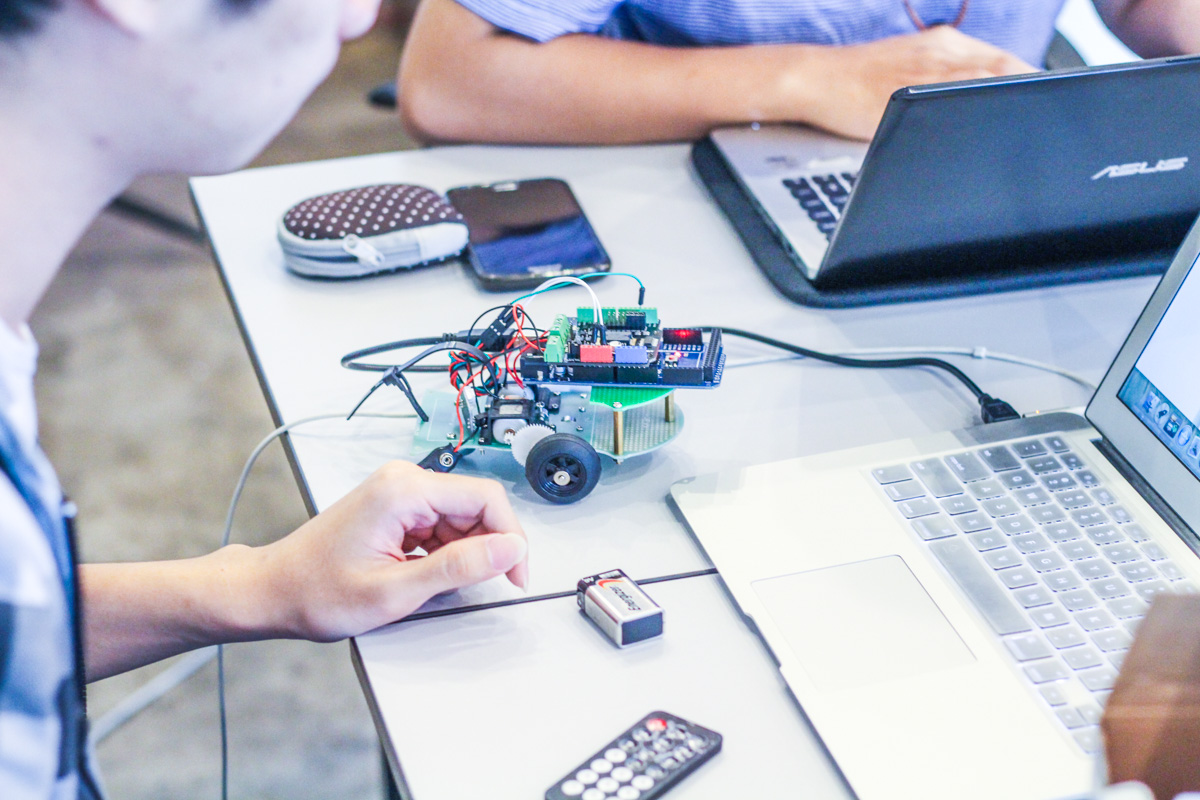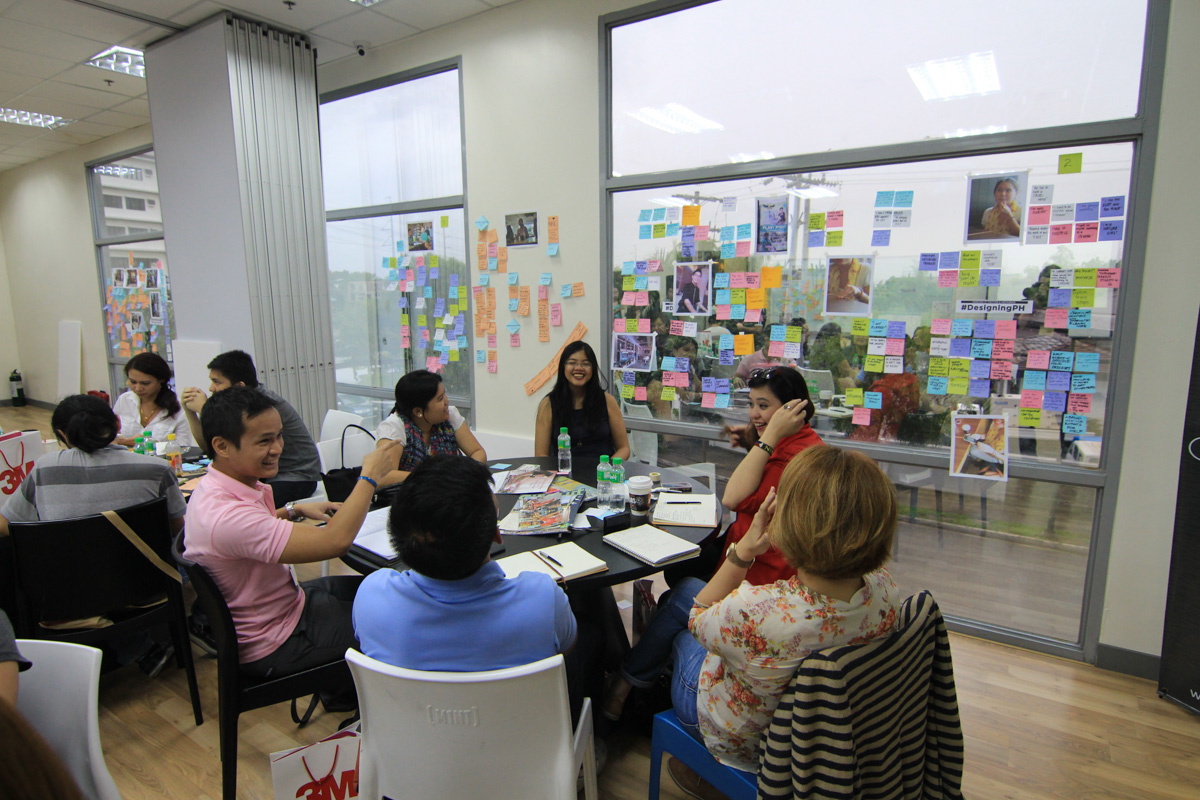Design Sprint is a five-day or two-week process for answering critical business questions through design, prototyping, and testing ideas with customers. During a Design Sprint, participants move from mapping the challenge or opportunity to producing a high fidelity prototype and testing it with users.
The sprint process is a combination of our deep experience implementing innovation projects with Google Ventures’ experience running design sprints with hundreds of companies. It is considered a culmination of both organisations’ best thinking around business strategy, innovation, behaviour design, and design thinking — packaged into a tested process that any team can use.
Working with Tandemic in a Design Sprint, organisations can compress months of work into a single week. A Discover Design Sprint focuses on gaining a deeper, ethnographic understanding of a new or existing market. A Prototype Design Sprint helps organisations fast-forward into the future so that you can see your finished product, and customer reactions, before making any expensive commitments.
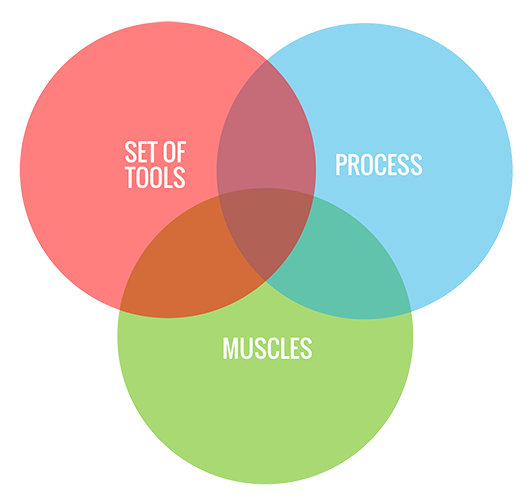
Have a look at Innovation Accelerator.
Tackle the big rocks
Design Sprint are effective at the beginning of the project to help teams to get a clear picture of what they need to do during the quarter and validate key assumptions with users so teams have the confidence they’re working in the right direction.
Repeatable Process
The Design Sprint is a structured and documented process. Once team members have had the chance to participate in a sprint and co-lead a sprint with us, they’ll get a handle on how to facilitate sprints within your organisation.
Technical Expertise
Need access to specific technical experts in the design and prototyping process? We can supplement the Sprint with a wide range of technical expertise from our international panel, from psychology to robotics and behaviour change.
Sprint Goals
Collect valuable data about market opportunities, users and other stakeholders to guide future innovation work
Rapidly design and validate a product offering with real users or customers
Learn the Sprint process so that Sprints can be replicated as a way of working on innovation projects
Participants Will Be Able To
Available Internationally
The Design Thinking Experience is available in multiple languages and locations, including Malaysia, Singapore, Thailand, Philippines, Indonesia, and more.
Digital Tools
Participants get access to digital copies of tools and frameworks you can use in your organisation to apply design thinking.
5-7 Participants
We recommend one team of 5-7 participants per Design Sprint. A “decider” or key stakeholder is involved at key points in the process.
Five phases of design thinking
Discover
Participants learn interviewing and other anthropological approaches to deeply understand users
Synthesise
Participants reframe the challenge by uncovering new angles or opportunities for change
Ideate
Participants develop and categorise ideas before fleshing out a direction for their solution
Prototype
Participants identify key risks, develop prototypes to test those risks, and iterate
Execute
Participants learn about how they can bring design thinking into their everyday work
